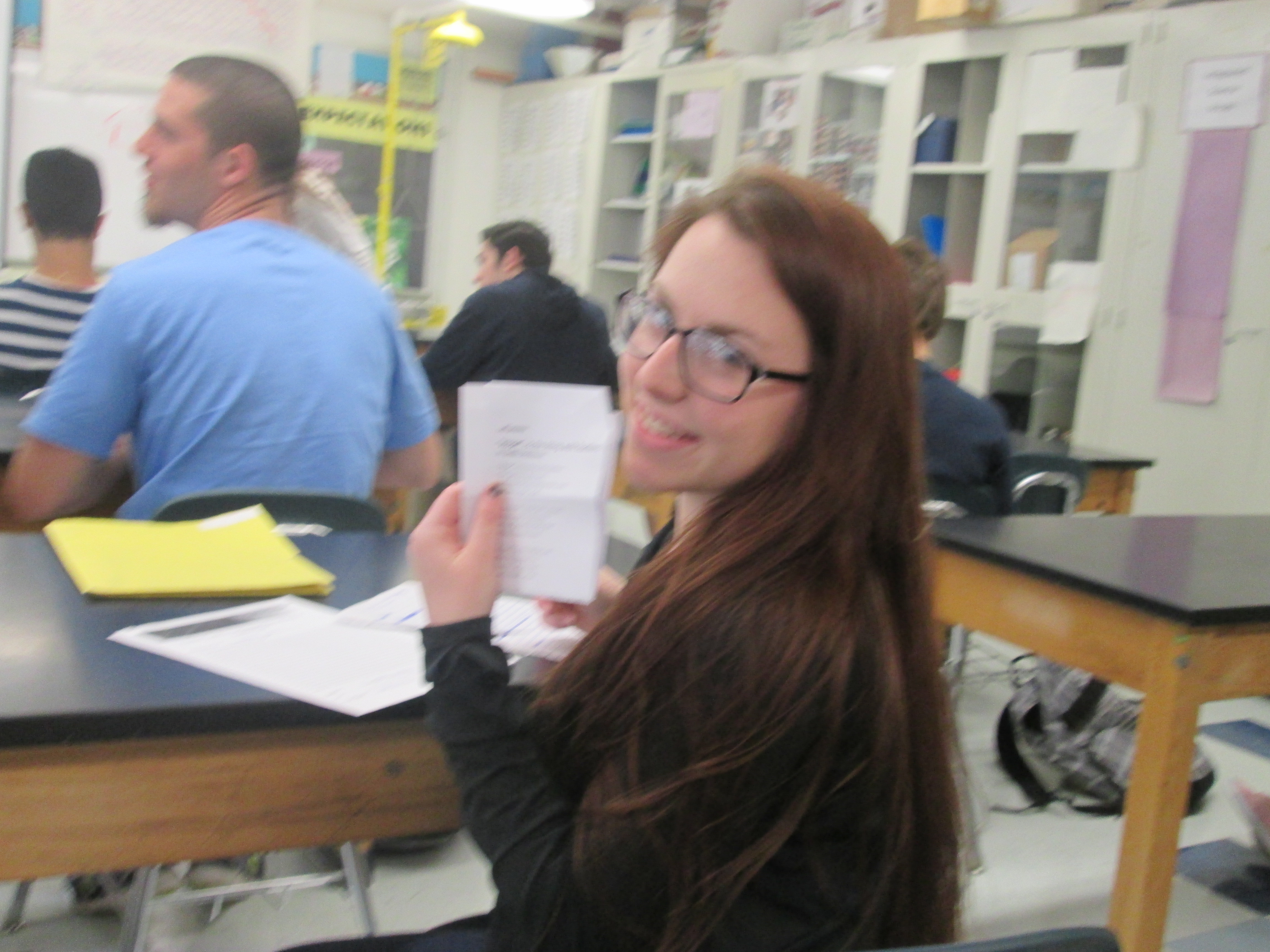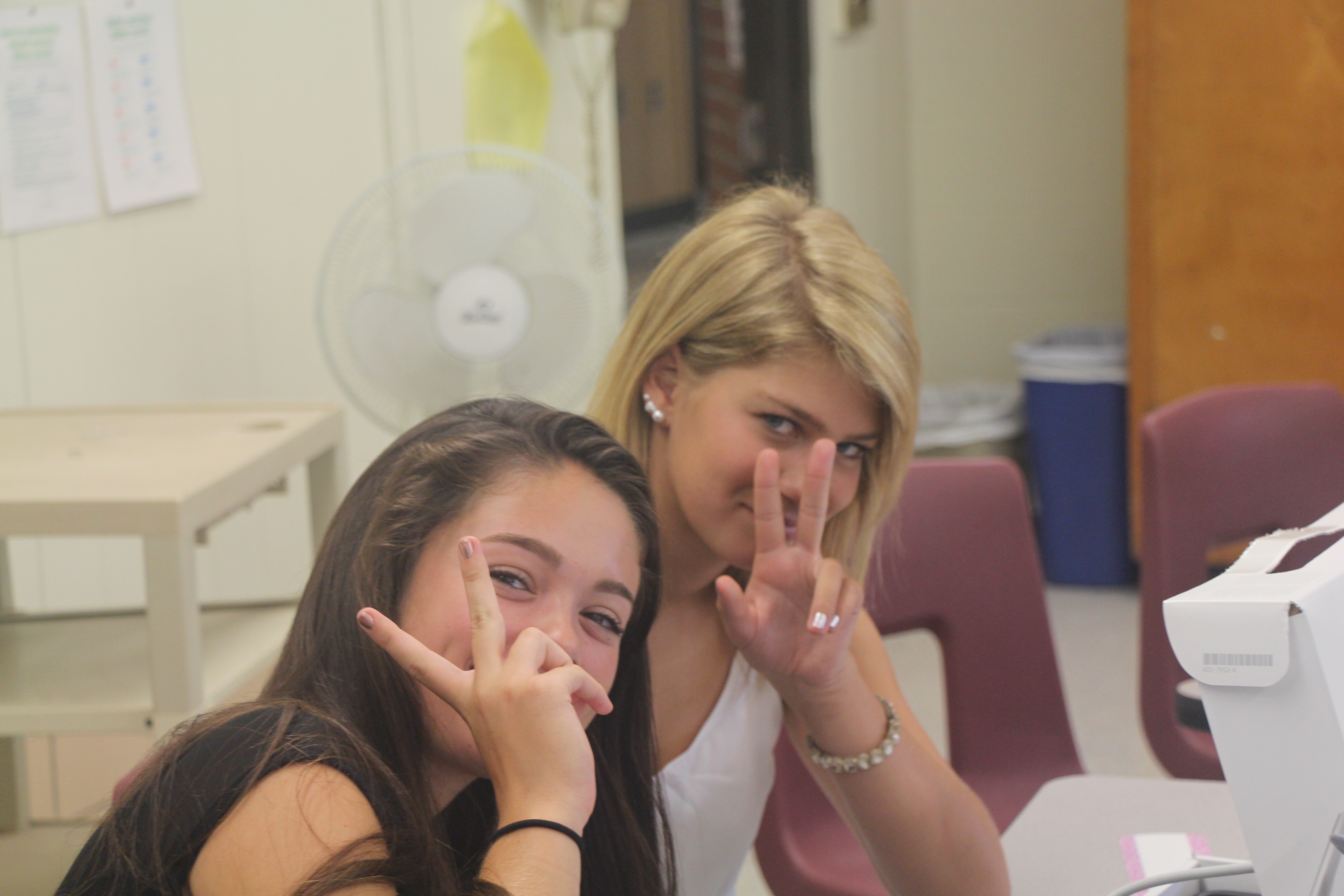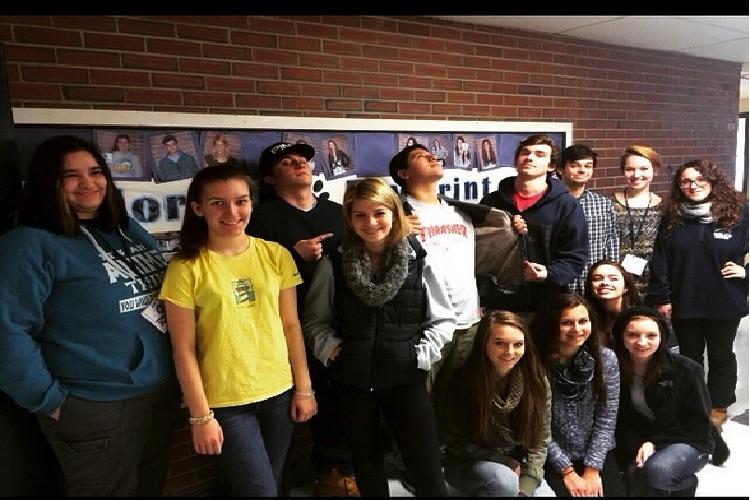By Tasha Walker |
Being a journalist is not solely writing an article that people will enjoy. In order to truly inform the public about intense topics, a journalist must sometimes put him or herself into potentially dangerous situations in order to gather the information, write and publish it.
The dangers for journalists was made evident in Paris on January 7th when a caretaker, four cartoonists, three editorial staff members and a guest attending a meeting were killed in a terrorist attack at the Charlie Hebdo building in Rue-Nicolas-Appert. Charlie Hebdo is a French satirical magazine. The attacks spurred from political cartoons published in Charlie Hebdo that were offensive to the Muslim religion.
The Charlie Hebdo incident was somewhat of a domino affect, causing journalists from all around the world to begin creating controversial articles and political cartoons reflecting upon the situation. Were the cartoonists of Charlie Hebdo “asking for it”? How can we prevent these attacks in the future? In an interview with Charlie Hebdo Chief Editor Gerard Biard, Chuck Todd of Meet the Press asked Biard to respond to Pope Francis’s comments on the issue. The Pope said that “freedom of faith is a fundamental human right” and that “one cannot provoke, one cannot insult other people’s faith, one cannot make fun of faith.” After the attack on the staff of Charlie Hebdo, journalists rallied together to support freedom of speech and the publication of controversial cartoons.
Articles that cause controversy are posted anywhere from Th e Morgan PawPrint to The New York Times. Just last year graduating Senior Katie Costello wrote “Leave If You Are Not a Senior”, an article on the use of the senior courtyard. The main focus of the article revolved around the issue of underclassmen eating in the senior courtyard.
e Morgan PawPrint to The New York Times. Just last year graduating Senior Katie Costello wrote “Leave If You Are Not a Senior”, an article on the use of the senior courtyard. The main focus of the article revolved around the issue of underclassmen eating in the senior courtyard.
In the article Senior Liz Bradley shared, “I don’t think underclassmen should be allowed into the courtyard  every day. I think once in a while it is okay, as long as they respect the seniors.” Senior Sean Davidson agreed with Bradley, “It’s okay if underclassmen come in the courtyard as long as the seniors invite them in.” Senior Paul Michael Mullally, however, shared a different view. “I don’t think underclassmen should be allowed in the senior courtyard. When we were underclassmen, we weren’t allowed to go in the senior courtyard. Why should it be different for any other class?”
every day. I think once in a while it is okay, as long as they respect the seniors.” Senior Sean Davidson agreed with Bradley, “It’s okay if underclassmen come in the courtyard as long as the seniors invite them in.” Senior Paul Michael Mullally, however, shared a different view. “I don’t think underclassmen should be allowed in the senior courtyard. When we were underclassmen, we weren’t allowed to go in the senior courtyard. Why should it be different for any other class?”
This article on the senior courtyard also attracted the attention of the administration because the administration had already addressed the courtyard issues with the students. By publishing and working on this article Costello was being a great journalist, covering an important controversial topic. She took what she knew people cared about and ran with it but definitely put herself at risk of criticism in doing so.

Two years ago graduated senior of the Class of 2013, Nick Sneider, wrote an article “Let’s Get Real: Hazing”. Sneider researched the definition of the word hazing in order to reflect upon what hazing is and whether there was hazing at Morgan. Sneider reported on two instances where Morgan School teams had been called out for “hazing” freshmen. He got the inside scoop from some classmates (whose names were not revealed), and uncovered the fact that the freshmen were actually willing and happy to carry on the traditions that had been done for years. Sneider used his resources in order to get pertinent information on this controversial issue between the administration and students, revealing that although the administration had accused upperclassmen of hazing, the underclassmen did not feel forced to do anything that they did not want to do.
Although Nick graduated, he recently shared his thoughts on the article, “I enjoyed writing “Hazing” in my Let’s Get Real column because I knew that it was controversial, which made it more interesting. Putting myself out there knowing that I could receive critiques from the administration was not something that I was too worried about because I had pertinent information to back myself up with.” With that kind of courage, Sneider seems to have the perfect attitude to potentially become a successful journalist.
When asking Sophomore Sophia Roman how she felt about her first semester as a journalist for The  Morgan PawPrint as well as the attacks on Charlie Hebdo, she said “It was a little strange at first, having to go up to people I didn’t really know and ask them about themselves or how they felt about a certain topic. I can’t imagine being in a position where my article could potentially cause an uprise amongst my readers. That’s pretty intense.”
Morgan PawPrint as well as the attacks on Charlie Hebdo, she said “It was a little strange at first, having to go up to people I didn’t really know and ask them about themselves or how they felt about a certain topic. I can’t imagine being in a position where my article could potentially cause an uprise amongst my readers. That’s pretty intense.”
Whether it be worldwide or within the small community of a shoreline town, a good journalist will write about and uncover information the public needs and wants to hear.


